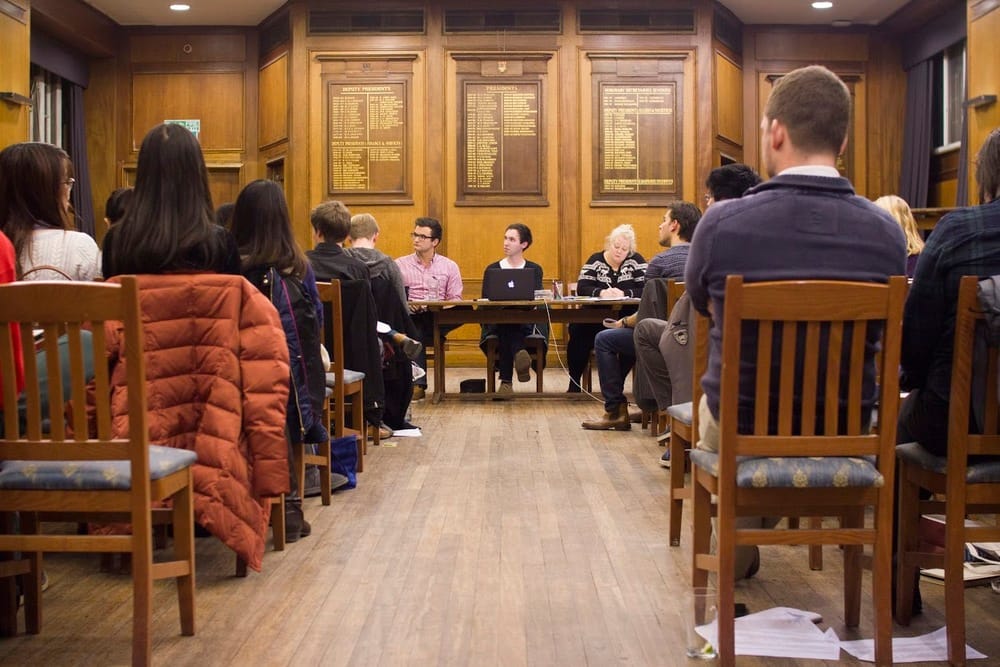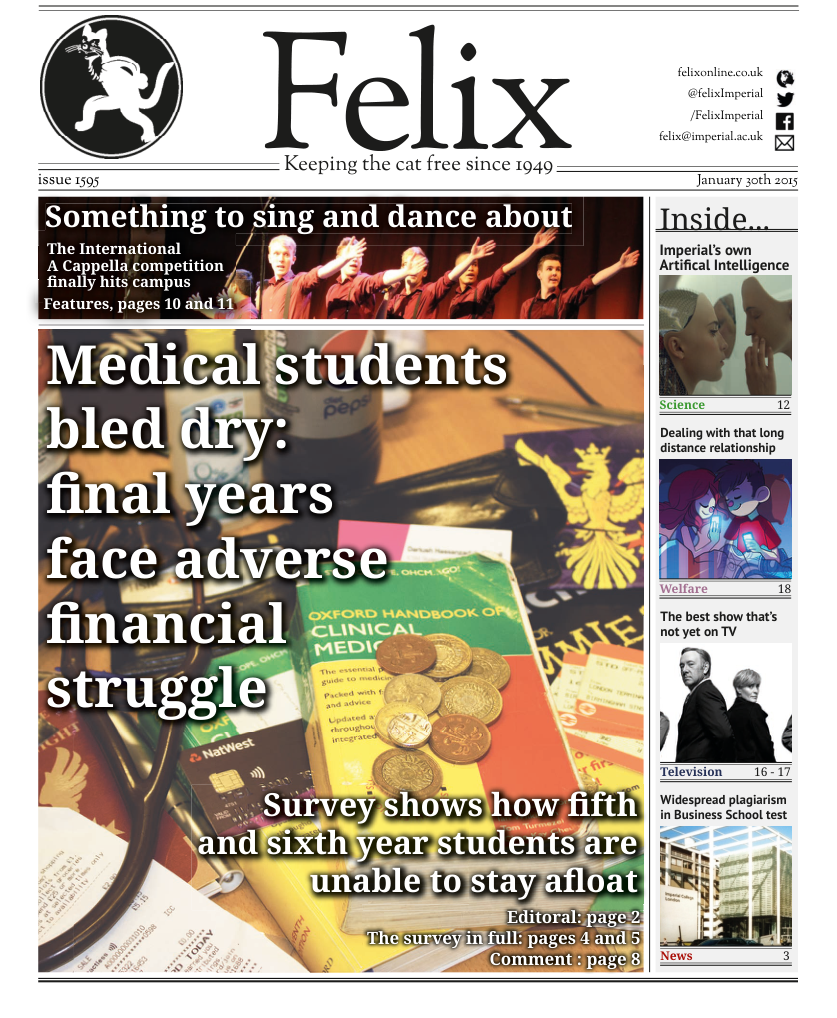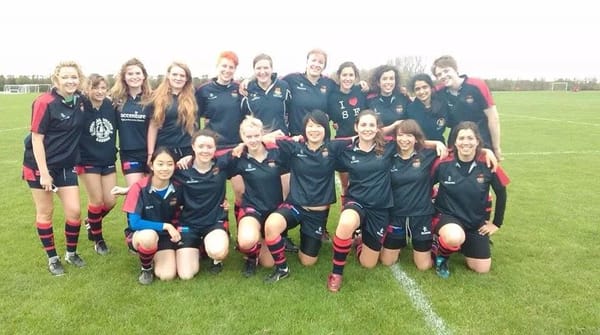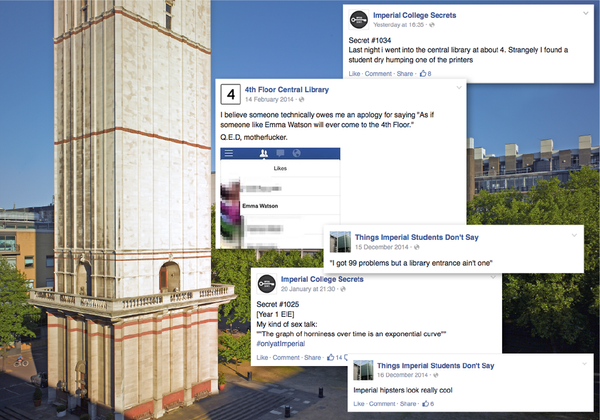Outcomes of Union Council email vote released to members
June Yin Gan covers the resolutions of the controversial council papers, despite three votes cast after deadline

The results of an online vote taken last week by members of Union Council were released on Monday.
However, it appears that several votes were counted despite being after the stated deadline for votes to be submitted.
The fifth Union Council meeting took place on 13th January, the first Tuesday of term. 21 members of Council were present, out of a total of 55, which meant that the meeting was not quorate and therefore there would not be enough people to vote and to make any decisions.
Instead of a physical vote, the decisions were instead passed by an email vote that was set up the following week. Council members were told that they had until 12:00 Friday 16th January to reply with their decisions on three of the papers. The email vote was answered by 27 members, including three cast after the deadline.
The most debated paper by far is that regarding publishing a voting record of any decisions passed by Council. The standard procedure has previously been a vote by show of hands, or by secret ballot in the case of a confidential vote.
However, publishing votes would hold the elected Union officers accountable to accurately represent the opinions of the wider Imperial population.
Social Clubs Committee (SCC) Chair Tom Rivlin, told Felix: “I just agreed with the principle of the proposal [to publish people’s votes]… I represent ‘constituents’ who chose me to represent them. They have the right to know if I’m doing what’s in their best interests.”
In contrast, an ordinary member who wished to remain anonymous stated “members might feel cornered into voting according to popular opinion, instead of voting according to what they feel is the correct path of action”.
Royal College of Science Union (RCSU) Secretary Philip Kent also offered an opinion “arguments have been made for this making the Union more democratic – personally I would rather Council put more effort into increasing student awareness and engagement with Council rather than spending hours on something which I suspect few people will ever look at”.
Dariush Hassanzadeh-Baboli, Imperial College School of Medicine Student Union President (ICSMSU), proposed additional responsibilities to the Deputy President’s role and the creation of a Sponsorship Officer, which would outline clearer end-year goals for the Deputy President and bring more money to the ICSMSU Executive committee. He also proposed the removal of one of two Social Secretaries, as one person could easily achieve the responsibilities.
The last paper presented was on increasing the frequency of Union General Meetings (GM), the purposes of which are to enable all members of the Union to vote on policy decisions and to hold officers to account. Ironically, neither the last GM and the Council meeting met their quora of 200 and 27 respectively.
An email detailing the vote’s results was released to all Council members on Friday last week, and included time stamps to confirm when the online votes were received through a online Google form. When concerns were raised about the security of the voting method, Council Chair Paul Beaumont agreed to verify the votes with all Council members.
Three votes made by students, one as late as three days later, were still counted. Had they been disqualified, the email vote would have also failed to make quorum, and the papers would have to be discussed at the next meeting.
The email vote passed the changes to the ICSMSU constitution (26 for, 2 abstentions) and agreed to publish individuals’ voting records (13 for, 9 against, 6 abstentions), while the paper on increasing GM frequency was rejected (9 for, 12 against, 7 abstentions).
Although many of the absences were due to start-of-term exams, Council Chair Paul Beaumont expressed disappointment at the turnout, telling Felix last week that “it is a pity that some members of Council do not attend at all”.
Said the Union on the votes accepted after the deadline: “The deadline was an indicative date for when Council members were instructed to have recorded their votes, it was never detailed that votes counted after that date would not be counted.
“The vote was ratified at the point the Council Chair did the count and decided to accept all votes cast.
“The votes cast after the initially publicised time did not affect the outcome of any of the votes, but did enable the vote to reach quorum.”








